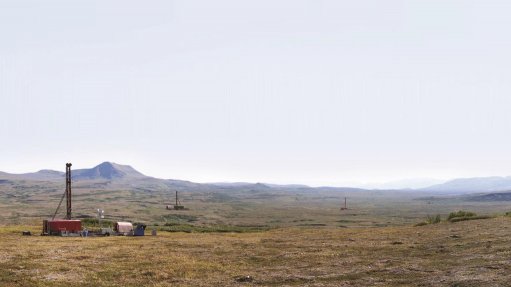
Canada’s Northern Dynasty said on Thursday that work on the Pebble project, in Alaska, continued to advance, despite the mandatory and voluntary steps that its US-based subsidiary implemented in response to the spreading of the novel coronavirus.
The project developer confirmed that it still expected a final environmental impact statement (EIS) and record of decision (RoD) by mid-year.
In response to the Alaska Governor’s order, Northern Dynasty’s Pebble Partnership subsidiary closed its office in Alaska. Pebble Partnership CEO Tom Collier said he continued to be in touch with his team to ensure the project remained on schedule for the timely publication of the final EIS.
“While it feels like the entire world has come to a halt because of Covid-19, many organisations, Pebble included, have modified their approach to work, but remain focused on core activities. For us, this means making sure we are doing everything necessary to ensure that the project schedule published by the USACE [US Army Corp of Engineers] of a final EIS and a RoD by mid-2020 remains on track.”
Collier said that he did not expect a delay in the permitting, as some of the regulatory agencies were working from home.
“As you know, a draft of the final EIS has been completed and is being reviewed by the cooperating agencies. The technical review meetings were completed before Covid-19 closed offices. Obviously, things change daily regarding Covid-19 and its impacts, but we remain focused on our goal of keeping on schedule.”
The leaked draft of the final Pebble EIS has indicated that the project could co-exist with the fisheries and water resources of Bristol Bay.
For decades, developers have been beckoned by the lode in south-western Alaska, which boasts millions of tons of gold, copper, molybdenum and other minerals near the headwaters of two rivers flowing into Bristol Bay. But conservationists, local activists, fishermen and federal regulators have argued that industrial, openpit mining operations to extract the bounty threaten the region’s flourishing sockeye salmon fishery.